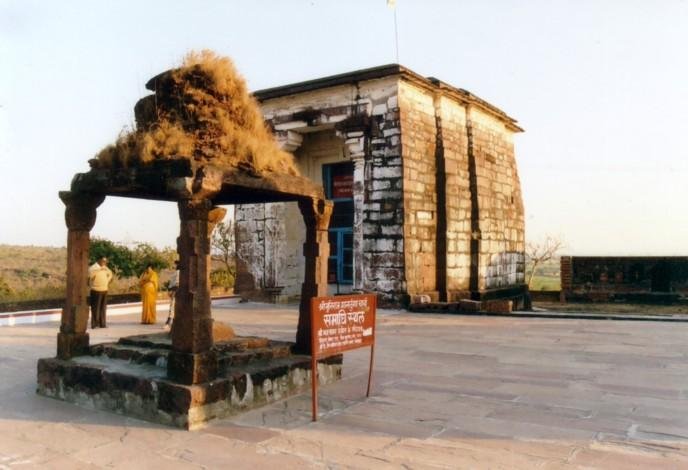NEW DELHI , Sept. 1 (UPI) -- A ban on santhara, a religious fasting ritual leading to death, was suspended by India's Supreme Court.
A lower court in Rajasthan outlawed the voluntary practice, usually undertaken by sick and aged members of the Indian faith Jainism. In its August ruling, the court called it the equivalent of suicide and thus illegal.















